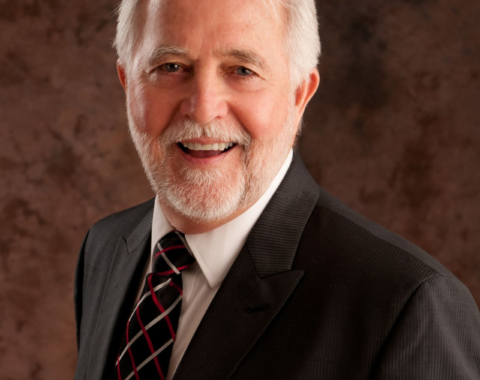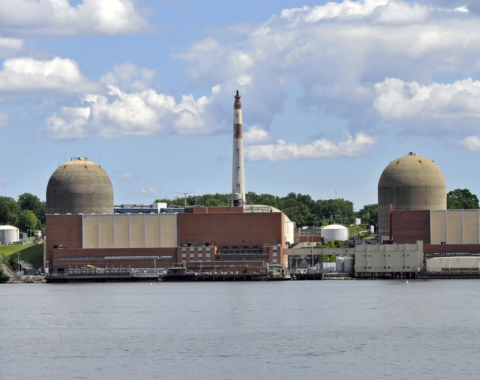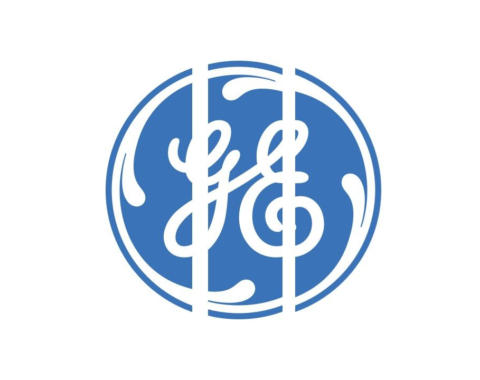The NRC has accepted for review a combined license application from Oklo Power to build and operate its 1.5MW Aurora passive compact fast reactor at the Idaho National Laboratory site. The NRC and Oklo have been engaged in pre-application discussions since 2016 with the application submitted on March 11, 2020.
Oklo’s Aurora uses metal fuel to produce heat. The heat pipes carry the heat to a heat exchanger, and a power conversion cycle converts the heat into electricity.
The company claims Aurora offers “many unique and beneficial attributes” including the ability to produce power for decades without needing to refuel, its small size, the placement of the fuel underground, the ability to operate without needing cooling water, the demonstrated natural shutdown behavior of the fuel, and the use of a fission spectrum which can recycle fuel and ultimately convert nuclear waste to clean energy.
The Aurora powerhouse’s sloped roof serves as the support for solar photovoltaic panels, which “also serve as a canvas for local art which will be developed in tandem with the communities that choose the Aurora as part of their low-carbon microgrid,” the company says. “Oklo has been intentional to include solar panels as part of the Aurora powerhouse to illustrate how advanced fission and renewables can work together in a high reliability, clean microgrid.”
NRC’s acceptance of the license application is “a great indicator that the NRC is prepared to license advanced fission technologies like the Aurora,” Oklo’s CEO and co-founder, Jacob DeWitte, said.
“Advanced reactors are an important tool for climate change, and we are proud to be the first to submit a full license application and the first to have it accepted,” he added.



